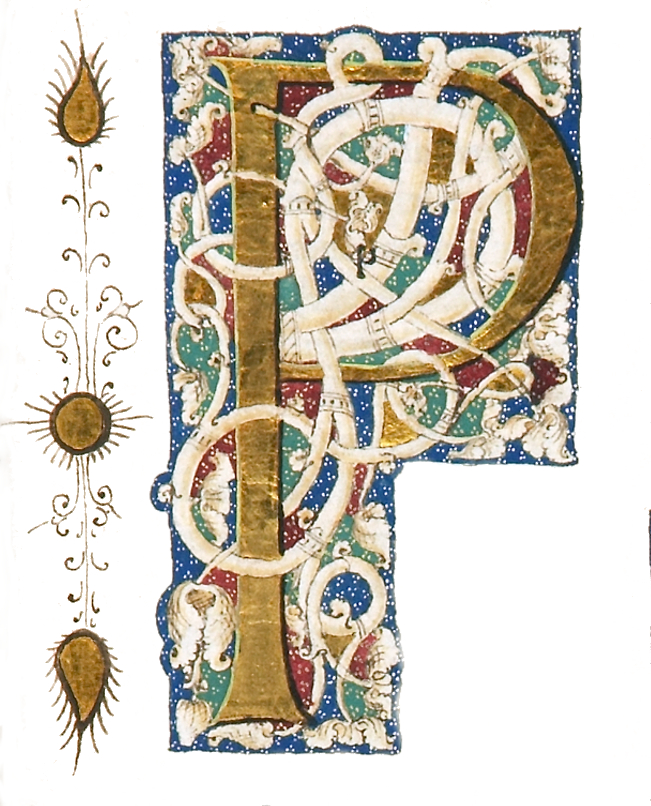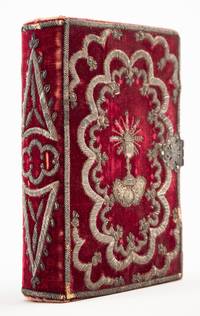first edition
1695 · London
by (MILTON, JOHN). HUME, PATRICK
London: Printed for Jacob Tonson, 1695. FIRST EDITION. 360 x 225 mm. (14 x 8 7/8"). 1 p.l. (title), 321, [1] (blank) pp.
Not unattractive modern smooth half calf and marbled boards, raised bands, gilt titling (hinges reinforced and corners repaired). With engraved frontispiece portrait of Milton. A Large Paper Copy. Bookplate of the Fox Pointe Collection laid in at front. Wing H-3663; ESTC R12702. ◆Paper boards a bit chafed, but the restored binding solid, with a lustrous spine. Title page and margins of frontispiece a little soiled, minor browning (more pronounced, though never severe, in a couple of quires), vague wrinkling to final few leaves, (truncated)
Not unattractive modern smooth half calf and marbled boards, raised bands, gilt titling (hinges reinforced and corners repaired). With engraved frontispiece portrait of Milton. A Large Paper Copy. Bookplate of the Fox Pointe Collection laid in at front. Wing H-3663; ESTC R12702. ◆Paper boards a bit chafed, but the restored binding solid, with a lustrous spine. Title page and margins of frontispiece a little soiled, minor browning (more pronounced, though never severe, in a couple of quires), vague wrinkling to final few leaves, (truncated)





